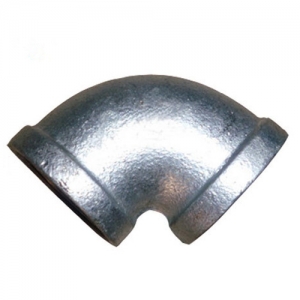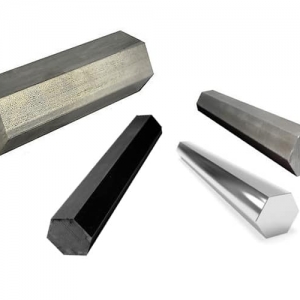Introduction
Regarding industrial piping systems, carbon steel pipe fittings must be considered. These fittings play a crucial role in connecting and controlling the flow of fluids and gases within various applications. In this article, we'll take an in-depth look at the different types of carbon steel pipe fittings, their applications, and the benefits they offer.
Exploring Types of Carbon Steel Pipe Fittings
Carbon Steel Elbows
Elbows are one of the most common pipe fittings that change the flow direction. Carbon steel elbows come in various angles, such as 45 degrees, 90 degrees, and 180 degrees, making them versatile for different pipeline configurations.
Carbon Steel Tees
Tees are used to create branches in pipelines. Carbon steel tees have three openings, allowing fluid or gas to flow in three directions. They are essential for distributing the flow efficiently.
Carbon Steel Reducers
Reducers are used to connect pipes of different diameters. They ensure a smooth transition between pipes with varying sizes, preventing disruptions in the flow and maintaining efficiency.
Carbon Steel Couplings
Couplings are used to join two pipes of the same diameter. They come in various designs, including threaded and socket-weld couplings, providing options for different installation methods.
Carbon Steel Caps
Caps are used to seal the end of a pipe. Carbon steel caps are essential for preventing the entry of contaminants and maintaining the integrity of the pipeline.
Applications of Carbon Steel Pipe Fittings
Carbon steel pipe fittings find applications in a wide range of industries and sectors:
Oil and Gas Industry
From drilling to transportation, carbon steel pipe fittings are used extensively in the oil and gas sector to ensure the reliable flow of crude oil and natural gas.
Chemical Processing
In chemical plants, these fittings are crucial for conveying various chemicals safely and efficiently through complex piping systems.
Water Treatment
Carbon steel pipe fittings are used in water treatment facilities to distribute treated water, chemicals, and wastewater.
Construction and Infrastructure
Pipelines in buildings, bridges, and other structures rely on carbon steel fittings for water supply, heating, and cooling systems.
Manufacturing
Carbon steel fittings are essential for conveying raw materials, gases, and fluids within production lines in manufacturing industries.
Benefits of Carbon Steel Pipe Fittings
Strength and Durability
Carbon steel pipe fittings are known for their exceptional strength and durability, making them suitable for demanding applications.
Resistance to Corrosion
These fittings are often coated or treated to enhance their resistance to corrosion, ensuring a longer lifespan.
Cost-Effectiveness
Carbon steel fittings offer a cost-effective solution without compromising quality, making them a preferred choice for various industries.
Ease of Installation
Carbon steel fittings' versatility and compatibility with different joining methods contribute to easy and efficient installation.
Conclusion
In industrial piping systems, carbon steel pipe fittings are vital in ensuring the seamless flow of fluids and gases. With their diverse types, wide-ranging applications, and numerous benefits, these fittings are a cornerstone of various industries. Whether in oil and gas, chemical processing, construction, or manufacturing, carbon steel pipe fittings provide the strength, reliability, and efficiency needed for successful operations.



